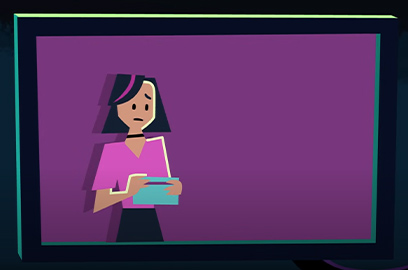Teen economic abuse can have a big impact on a teen’s future security and stability.
What is teen economic abuse?
It’s a form of dating violence that involves the use of financial control to create dependency and block pathways to safety and overall well-being. Read our report based on a survey of teens we conducted with the University of Pittsburgh on teen economic abuse.
Is it common?
FUTURES surveyed 3,000 teens. 68 percent stated they have experienced forms of economic abuse.
What does it look like?
- Education: A teen encourages their partner to miss school, chose certain classes or pick a certain college
- Financial: A teen encourages their partner to spend money, give them access to their bank account or make life decisions that will impact their future earnings
- Employment: A teen pressures their partner to miss work to spend time with them
How can I help?
- Use this toolkit which is designed to support youth-serving professionals—such as educators, administrators, and trainers—in navigating complex challenges they may encounter in their work with young people, including teen economic abuse and other forms of interpersonal violence. It also raises awareness about the organizational impacts of trauma and highlights current efforts to support staff wellbeing.
- Recognize the signs of economic abuse: Notice any changes in a teen’s academic record or signs of financial distress.
- Intervene early: Support teens with trauma-informed help using CUES Intervention. Download our Safety Card and Action Guide and connect teens with trusted professionals.
- Foster an open dialogue: Talk to teens about what a healthy relationship and financial safety look like. Talk about teen economic abuse and make sure teens feel supported and heard.
- Implement awareness campaigns: Use our Campus Action Toolkit to find youth-led activities and digital outreach.








